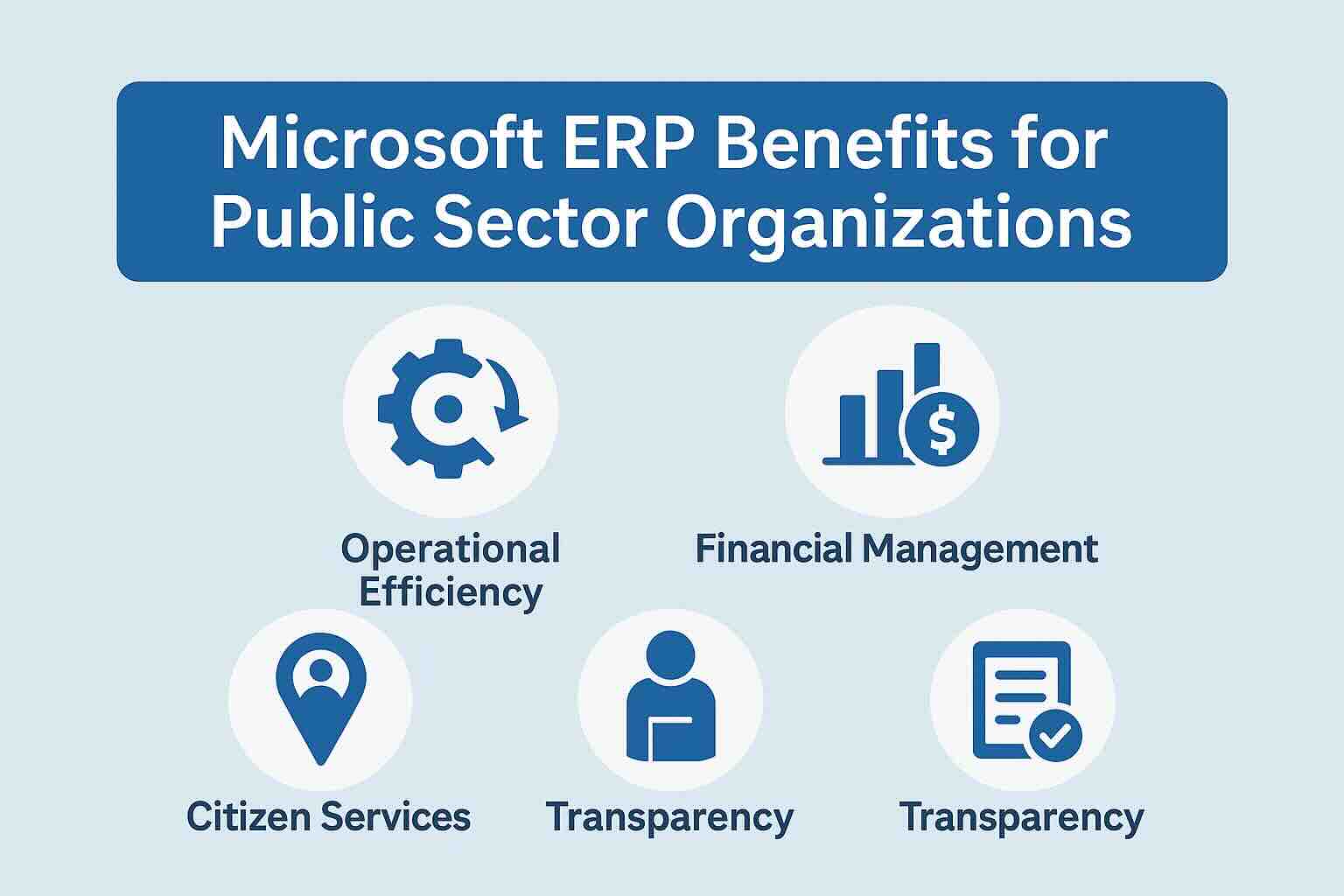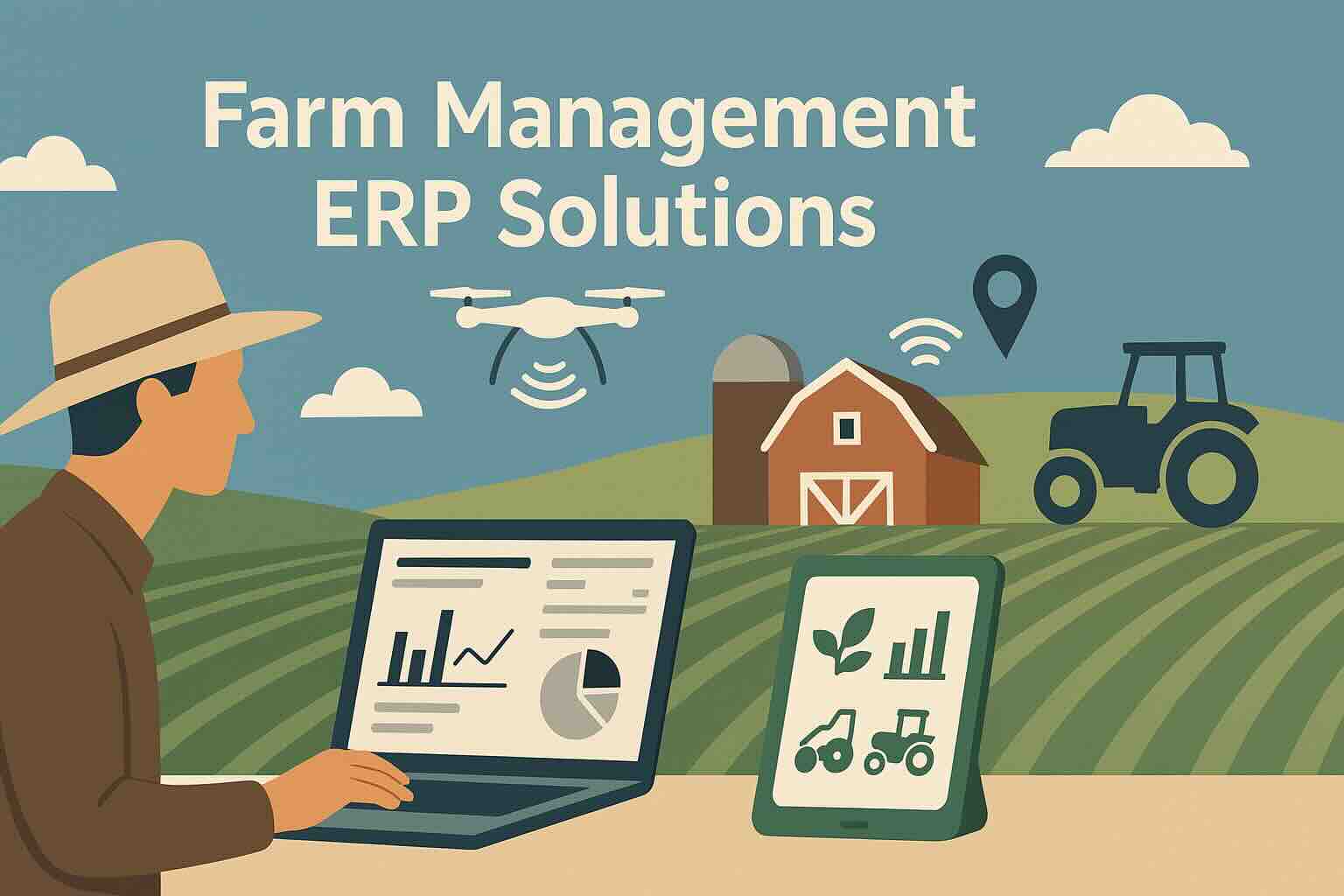Odoo Vs Microsoft Dynamics 365: Which ERP is Best for Your Business?

Choosing the right Enterprise Resource Planning (ERP) system is crucial for businesses aiming to improve efficiency, automate workflows, and enhance decision-making. Among the most popular ERP solutions, Odoo and Microsoft Dynamics 365 stand out for their flexibility, scalability, and feature sets.
But which one is better for your business? In this detailed Odoo vs Dynamics comparison, we’ll break down their key differences in features, pricing, customization, and usability.
Overview of Odoo and Microsoft Dynamics 365
What is Odoo?
Odoo is an open-source ERP solution that offers a modular approach, allowing businesses to integrate only the features they need. It includes applications for CRM, sales, accounting, inventory, HR, project management, and more. Due to its flexibility and cost-effectiveness, Odoo is widely used by small to mid-sized businesses and startups that need a customizable ERP without high upfront costs.
What is Microsoft Dynamics 365?
Microsoft Dynamics 365 is a cloud-based ERP and CRM solution designed for medium and large enterprises. It seamlessly integrates with Microsoft’s ecosystem, including Office 365, Power BI, and Azure, providing a unified platform for business operations. Dynamics 365 is known for its AI-driven insights, automation capabilities, and industry-specific solutions, making it an excellent choice for organizations with complex needs.
Features Comparison: Odoo vs Dynamics
Customization and Flexibility
Odoo’s biggest advantage is its open-source nature, allowing businesses to modify the platform extensively. Developers can customize modules or build entirely new ones to fit specific needs. This flexibility makes Odoo a powerful solution for companies looking for a tailor-made ERP system.
On the other hand, Microsoft Dynamics 365, while customizable, relies heavily on third-party integrations and Microsoft Power Platform tools for modifications. Customization often requires experienced developers, increasing implementation time and costs.
User Interface and Ease of Use
Odoo features a modern and intuitive user interface that simplifies navigation across different applications. It is designed for ease of use, even for those without a technical background.
Microsoft Dynamics 365, being an enterprise-grade solution, offers a more data-driven and complex interface. While powerful, it has a steeper learning curve, especially for small businesses that are new to ERP systems. However, for organizations already using Microsoft products, the interface feels familiar and integrates seamlessly with existing tools.
Pricing and Cost Efficiency
Odoo offers a free community edition with basic features, making it highly cost-effective for small businesses. The paid enterprise version is also competitively priced, offering additional functionalities and professional support. Since it follows a modular pricing structure, businesses pay only for the apps they use, keeping costs manageable.
Microsoft Dynamics 365 follows a subscription-based pricing model, which can become expensive depending on the modules and number of users. While it offers enterprise-level features, the licensing costs, implementation fees, and required IT support make it a significant investment, particularly for smaller businesses.
Scalability and Performance
Both Odoo and Dynamics 365 are highly scalable, but their approaches differ. Odoo’s modular structure allows businesses to start small and expand as needed, making it ideal for growing companies.
Dynamics 365 is built for large-scale enterprises with complex workflows, multi-entity operations, and high compliance needs. Its cloud-based infrastructure ensures high performance, but scaling up may involve additional licensing and infrastructure costs.
Integration and Ecosystem
Odoo offers over 40 integrated business applications and supports third-party plugins. However, it does not natively integrate with Microsoft tools, which may be a limitation for businesses heavily reliant on the Microsoft ecosystem.
Microsoft Dynamics 365 provides seamless integration with Office 365, SharePoint, Teams, Power BI, and Azure, making it a preferred choice for businesses already using Microsoft products. This deep integration enhances collaboration, data analysis, and automation.
Support and Community
Odoo has an active open-source community, providing extensive documentation, forums, and third-party developers for support. The enterprise edition comes with official support from Odoo, including regular updates and security patches.
Microsoft Dynamics 365 offers 24/7 customer support, enterprise-grade security, and dedicated implementation assistance. However, professional support often comes at a premium, adding to the overall cost.
Pros and Cons of Odoo vs Dynamics
Odoo Pros
- Highly customizable due to its open-source nature
- Cost-effective, with a free community edition
- Modular approach, allowing businesses to pay for only what they need
- User-friendly interface suitable for non-technical users
Odoo Cons
- Limited enterprise-level features compared to Dynamics 365
- Lacks native integration with Microsoft tools
- Requires technical expertise for advanced customizations
Microsoft Dynamics 365 Pros
- Powerful enterprise-grade features
- Seamless integration with Microsoft products
- AI-driven automation and analytics
- Robust cloud infrastructure for high performance
Microsoft Dynamics 365 Cons
- High cost, especially for small businesses
- Steeper learning curve for new users
- Customization requires Microsoft Power Platform expertise
Which ERP is Right for Your Business?
Choosing between Odoo and Microsoft Dynamics 365 depends on your business size, budget, and technical requirements.
- Odoo is ideal for startups, small, and mid-sized businesses that need a flexible, affordable, and easy-to-use ERP. If customization and cost-efficiency are top priorities, Odoo is a great choice.
- Microsoft Dynamics 365 is best suited for medium to large enterprises that require advanced features, deep Microsoft integrations, and enterprise-grade scalability. If your business already operates within the Microsoft ecosystem, Dynamics 365 offers seamless compatibility and powerful automation tools.
Ultimately, both platforms are strong contenders, and the best choice depends on your specific needs. If you prioritize cost-effectiveness and customization, Odoo wins. If you need enterprise-level automation and Microsoft integration, Dynamics 365 is the better option.
Find the Perfect ERP in Minutes
Choosing the right ERP can transform your business. With our AI-powered Compare ERP tool, you can quickly explore and compare solutions tailored to your needs.
Get a personalized recommendation in less than five minutes. Our advanced engine analyzes millions of data points across 100+ ERP solutions, delivering your top three picks based on your business priorities.
Best of all, it’s completely free. Take the first step toward streamlining operations and boosting productivity—start comparing today!









